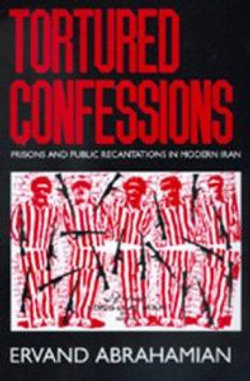According to human rights organizations, Iran has been at the forefront of countries using systematic physical torture in recent years, especially for political prisoners. Is the government's goal to ensure social discipline? To obtain information? Neither seem likely, because torture is kept secret and victims are brutalized until something other than information is obtained: a public confession and ideological recantation. For the victim, whose honor, reputation, and self-respect are destroyed, the act is a form of suicide.
In Iran a subject's "voluntary confession" reaches a huge audience via television. The accessibility of television and use of videotape have made such confessions a primary propaganda tool, says Abrahamian, and because torture is hidden from the public, the victim's confession appears to be self-motivated, increasing its value to the authorities.
Abrahamian compares Iran's public recantations to campaigns in Maoist China, Stalinist Russia, and the religious inquisitions of early modern Europe, citing the eerie resemblance in format, language, and imagery. Designed to win the hearts and minds of the masses, such public confessionsnow enhanced by technologycontinue as a means to legitimize those in power and to demonize "the enemy.""



Share This Book: